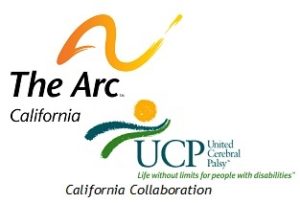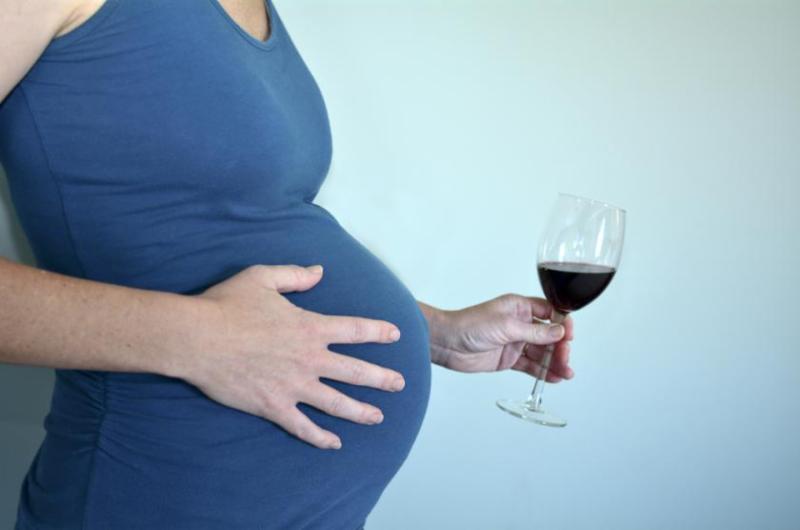A recent study conducted by the Alcohol Research Group, a program within the Public Health Institute and Advancing New Standards in reproductive Health within the University of California San Francisco, has found that several state-level policies aimed at reducing or eliminating alcohol use during pregnancy actually lead to more adverse birth outcomes and less prenatal care utilization. The study examines six different policies and evaluates outcomes specific to low birth weight, premature birth rates and APGAR scores. The policies reviewed include:
- Policies requiring warning signs in locations where alcoholic beverages are sold (Mandatory Warning Signs)
- Laws addressing the legal significance of a woman’s conduct prior to birth of a child and damage caused in utero and, in some cases, defining alcohol use during pregnancy as child abuse or neglect (Legal Significance for Child Abuse/Child Neglect)
- Policies requiring involuntary commitment of a pregnant woman to either treatment or protective custody (Civil Commitment)
- Policies that prohibit the use of medical test results as evidence in the criminal prosecutions of women who may have caused harm to a fetus or a child (Prohibitions on Criminal Prosecution)
- Mandatory or discretionary reporting of alcohol use or abuse by women during pregnancy for data gathering purposes or provision of health services (Reporting Requirements for Data and Treatment Purposes)
- Policies giving pregnant women who abuse alcohol priority access to substance abuse treatment (Priority Treatment for Pregnant Women)
The study authors offer the following statement “Presumably these policies are intended to improve birth outcomes and longer-term child wellbeing, but our study suggests that regardless of whether these policies are designed to be supportive or punitive, at best they do nothing, and at worst they cause measurable harm,” said lead author Meenakshi Sabina Subbaraman, Ph.D., a biostatistician with the Alcohol Research Group.
To read more about the study click here.


Teresa Anderson, Policy Director, The Arc & UCP California Collaboration

